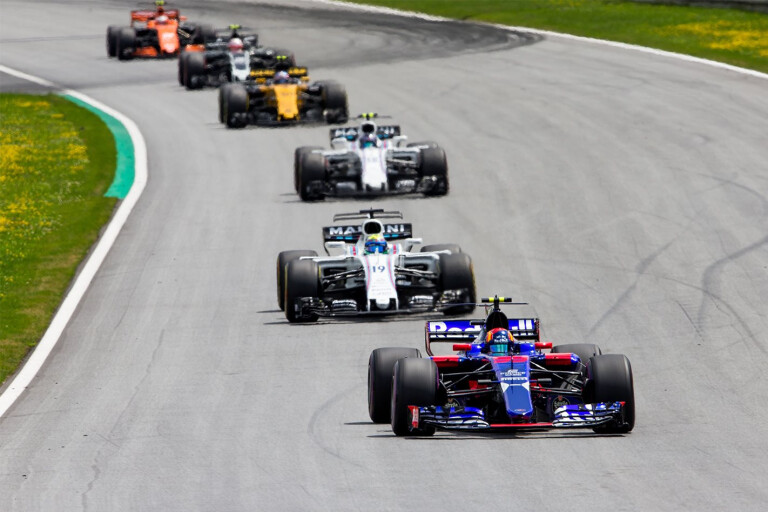
THE MOTORSPORT community is currently clapping their hands with glee like kids on Christmas morning.
Why? Well, the good folks from Porsche have confirmed that they are evaluating a return to Formula 1.
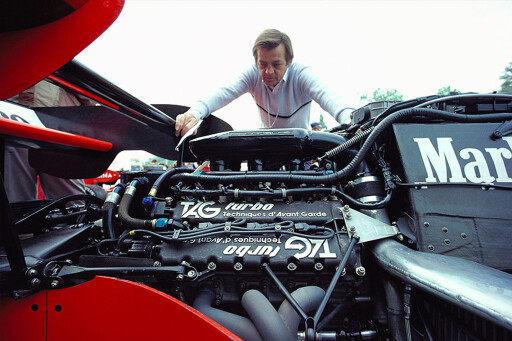
The German manufacturer hasn’t entertained the concept of returning to racing’s premier class since its woeful partnership with the Footwork team in 1991 came to an end.
But Porsche and F1 go way back, with its TAG turbo engines (above) propelling McLaren to success between ’83 and ’87 (below). In recent times, Porsche’s Supercup one-make series runs as a support category at grand prix weekends in Europe (with Aussie Matt Campbell winning a pair of races so far this season).
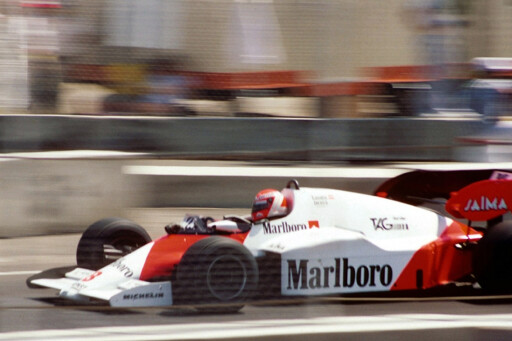
But now a proper return is being discussed. Lutz Meschke, deputy chairman of Porsche's executive board and member of the board for finances and IT, confirmed as much to UK publication, Autosport, after holding meetings with Ross Brawn and fellow F1 bosses.
Amongst its one-make and GT motorsport efforts, Porsche has committed to racing in the all-electric Formula E category from the 2019-20 season onwards. But it seems that’s not the only open-wheel series on the manufacturer’s radar.
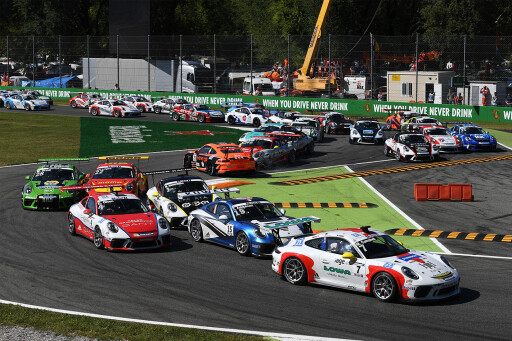
"F1 could be one of the right places," Meschke told Autosport.
"As you know Formula E is very important for us now, and F1 is always a good topic to think about.
"And I think we are in quite good discussions regarding the new engine."
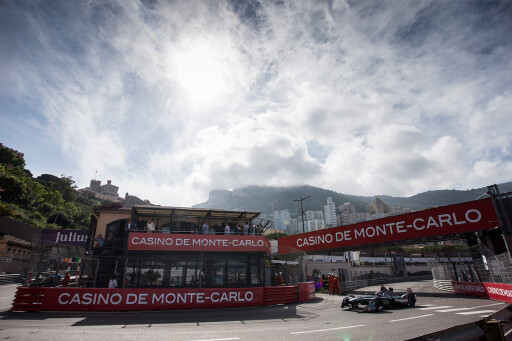
Meschke confirmed any potential plans centre around joining F1 as a supplier, not as a full factory team.
But before we get too excited, here are the three things Porsche needs in order to join F1 once again.
Cheaper engines
Currently, the most significant barrier for Porsche is cost. No one expects a return to Formula 1 to come cheap, but current costs in the series are out of hand – something readily admitted by series bosses.
So if F1 wants Porsche to return, it will need to minimise the cash required to supply a competitive unit. Its current strategy for curbing spiralling costs is restricting engine allocations, but that rule is also currently under the microscope.
When probed on his thoughts on a potential switch to twin-turbo V6 units for the championship (similar to those seen in IndyCar), Metschke replied: "Absolutely. We have to cut costs in F1, and it's a good way to reach this target."
Revised (and relevant) rules
A lower price of entry is one thing, but Porsche aren’t likely to return unless the rules are also relevant.
Don’t clutch your pearls too hard though, it’s unlikely they will desire anything more eco-friendly than what is currently implemented. On the flipside, a return to gas-guzzling monsters won’t make board members terribly happy either.
A turbocharged hybrid system remains the most likely option of any engine rule changes. However, unlike the current motors, any new rules will ensure the return of a more appropriate noise.
A willing partner
So, in a hypothetical world where F1 manages to sort its act out and implement fresh rules by 2021 that are both relevant to Porsche’s road car business and lowers the cost of joining the series, there is still one hurdle.
Porsche needs a team to partner with before it can return to the fold. Ferrari, Mercedes, and McLaren are all likely to be ruled out, as they are on-road competitors to Porsche. That leaves the likes of Red Bull, Williams, Sauber, and Force India.
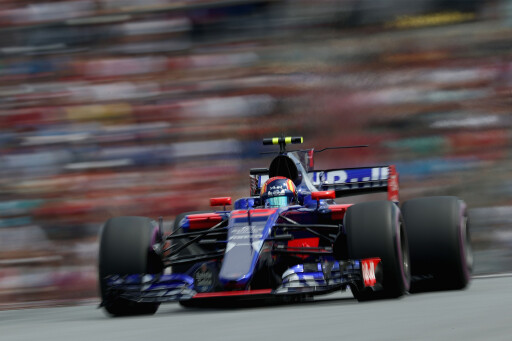
Current speculation surrounds Porsche pairing with Red Bull or Williams, the latter of which previously had a technical relationship with the brand. Meanwhile, Red Bull has existing ties to Porsche’s parent company, the Volkswagen Group.
However, both teams have existing supply deals with separate manufacturers. So before Porsche commits, it needs to secure a dancing partner.
And after all that, there is no guarantee for success, as the story of Honda’s recent return will tell.

COMMENTS